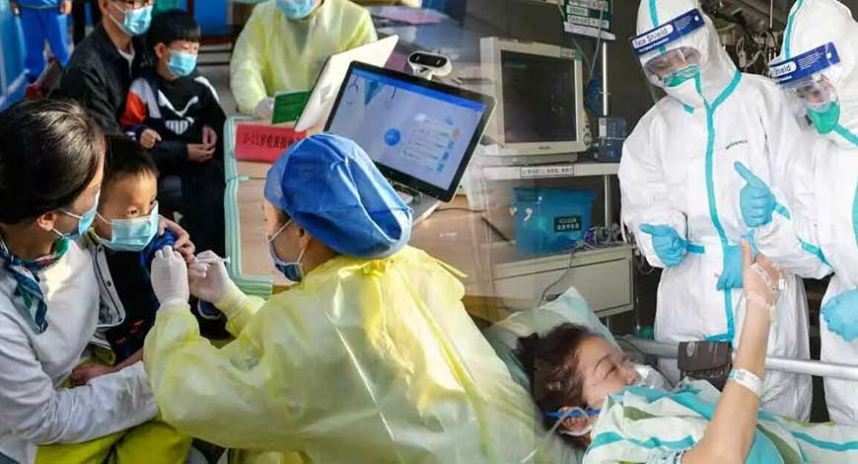
China called for vigilance on Friday as a surge of respiratory illness hit schools and hospitals and the World Health Organization, which has asked the government for disease data, said no unusual or novel pathogens had been detected.
China is grappling with a spike in respiratory illnesses as it enters its first full winter season since it lifted strict COVID-19 restrictions in December, with cases among children appearing especially high in northern areas like Beijing and Liaoning province where hospitals are warning of long waits.
The State Council said influenza would peak this winter and spring and mycoplasma pneumonia infection would continue to be high in some areas in the future. It also warned of the risk of a rebound in COVID-19 infections.
"All localities should strengthen information reporting on infectious diseases to ensure information is reported in a timely and accurate manner," the State Council said in a statement.
The situation came into the spotlight this week when the WHO asked China for more information, citing a report by the Program for Monitoring Emerging Diseases (ProMED) on clusters of undiagnosed pneumonia in children.
Both China and the WHO have faced questions about the transparency of reporting on the earliest COVID-19 cases that emerged in the central city of Wuhan in late 2019.
On Thursday, the WHO said China had responded to its request and the data it provided suggested the cases were linked to the lifting of COVID curbs along with the circulation of known pathogens like mycoplasma pneumoniae, a common bacterial infection that typically affects children, which has circulated since May.
This month, authorities began issuing health advisories saying they were paying attention to the situation and warning the public of long waits and the risk of cross-infection at crowded hospitals but they have not imposed measures like the ones during the COVID pandemic, such as masks or closing schools.